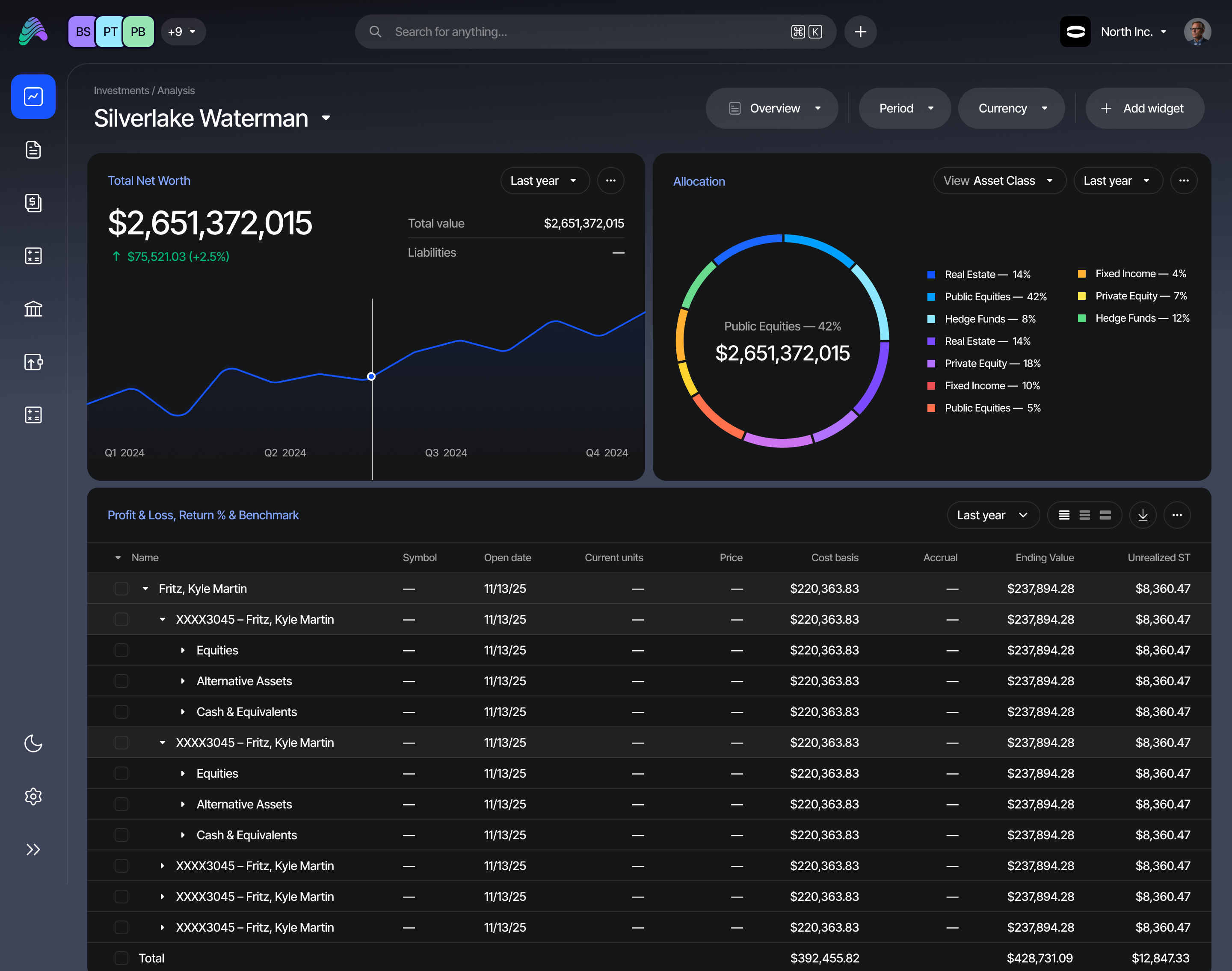The New Blueprint for Family Offices: Navigating Risk and Redefining Value
A landmark new study, The Family Office Operational Excellence Report 2025 from Campden Wealth and AlTi Tiedemann Global, reveals a sector at an inflection point. As family offices navigate increasing complexity, rising costs, and a generational shift in purpose, the report makes it clear that operational excellence in 2025 requires a sophisticated blend of human judgment and intelligent systems. The findings, drawn from a global survey of 146 family offices, map out the critical challenges and strategic imperatives shaping the future of private wealth management.
The "Family Pillar" Rises to Prominence
While investment management remains a core function, the report highlights a significant shift in priorities toward the "Family Pillar"—encompassing governance, succession, and education. In a telling sign of this trend, the single most frequently added service by family offices is now family engagement and education. This evolution is driven by the next generation, with 62% of them prioritizing the "purpose of family capital" over simple wealth preservation.
However, a critical "governance gap" persists. Despite its importance, over a third of family offices lack a formal family charter or a documented transition plan. This absence of formal structure is a leading cause of dissatisfaction and is increasingly viewed as a major operational risk, one that could threaten the very continuity the office is designed to protect.
The Dual Challenge: Cybersecurity and Manual Drag
Cybersecurity has escalated from a technical issue to an existential threat. It is now the top operational risk for 70% of family offices, a concern amplified by the fact that over 60% have experienced a cyberattack. Phishing remains the most common attack vector, affecting nearly half of all offices surveyed.
At the same time, many offices are hampered by outdated internal processes. A staggering one-third of family offices still perform more than 50% of their reporting manually. This "silent value leak" is not only inefficient and costly but also prone to error, hindering timely and strategic decision-making. The report suggests that offices adopting modern platforms, including AI and Large Language Models (LLMs) for research and commentary, are already gaining a significant competitive edge.
Navigating Costs and the Talent Conundrum
The financial pressures on family offices are mounting. Operating costs for North American offices rose by nearly 5% in 2024, outpacing inflation, with technology spending increasing the most at 5.7%. The report also reveals a stark difference in operational efficiency based on size; large offices spend an average of 20 basis points of AUM on operations, compared to 61 basis points for small offices.
This cost pressure is particularly acute for smaller offices, where C-suite compensation can consume up to 72% of the total budget for just three executives. Compounding this is the challenge of talent. With staff turnover in large offices averaging one departure every nine months, the report identifies talent churn as a hidden but significant risk to institutional memory and stability.
The Evolution of Outsourcing
In response to these pressures, nearly all family offices engage in outsourcing, but the results are mixed. Only 27% of offices describe the service they receive from vendors as "consistently excellent," signaling a need for a new approach. The commentary suggests a shift from transactional vendors to "Outsourcing 2.0," where strategic partners offer integrated, flexible support models. This is especially relevant as demand for outsourcing grows in the areas where offices feel least mature: cybersecurity, succession planning, and family engagement.
As family offices look toward 2025 and beyond, the path to operational excellence is clear. It involves elevating the family pillar to an ongoing strategic priority, embracing technology to automate processes and defend against threats, and developing a sophisticated, hybrid approach to talent and outsourcing. According to the report, success will be defined not by static achievements, but by the living practice of continuous improvement and adaptation.


.svg)



.jpg)



.png)
%20(1).png)
.png)


.png)